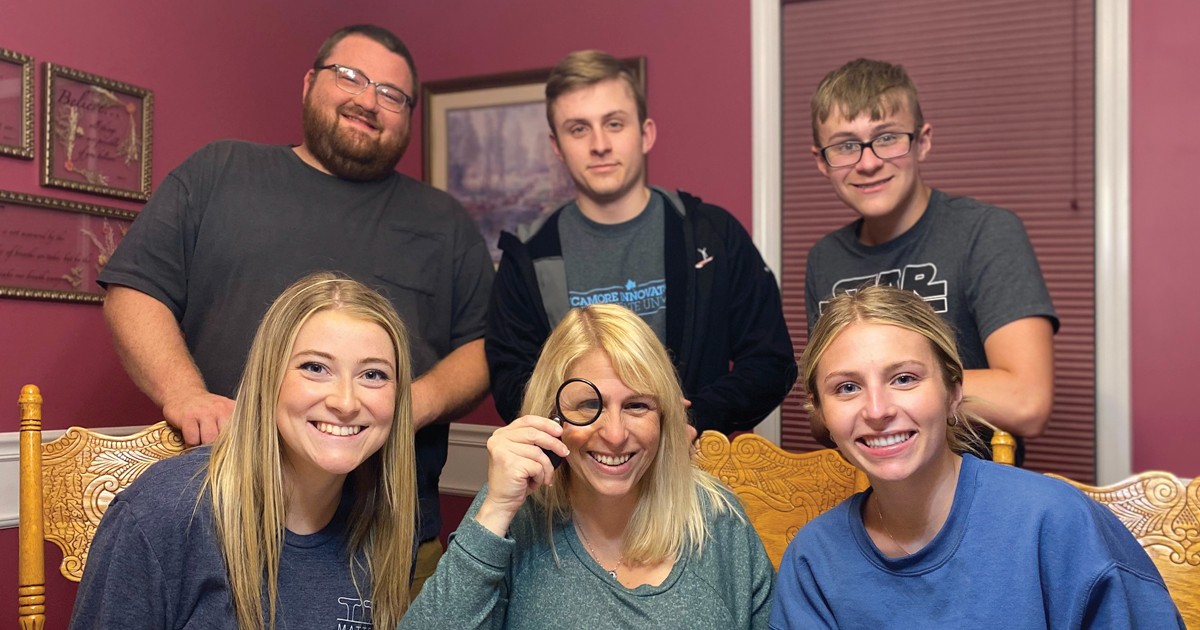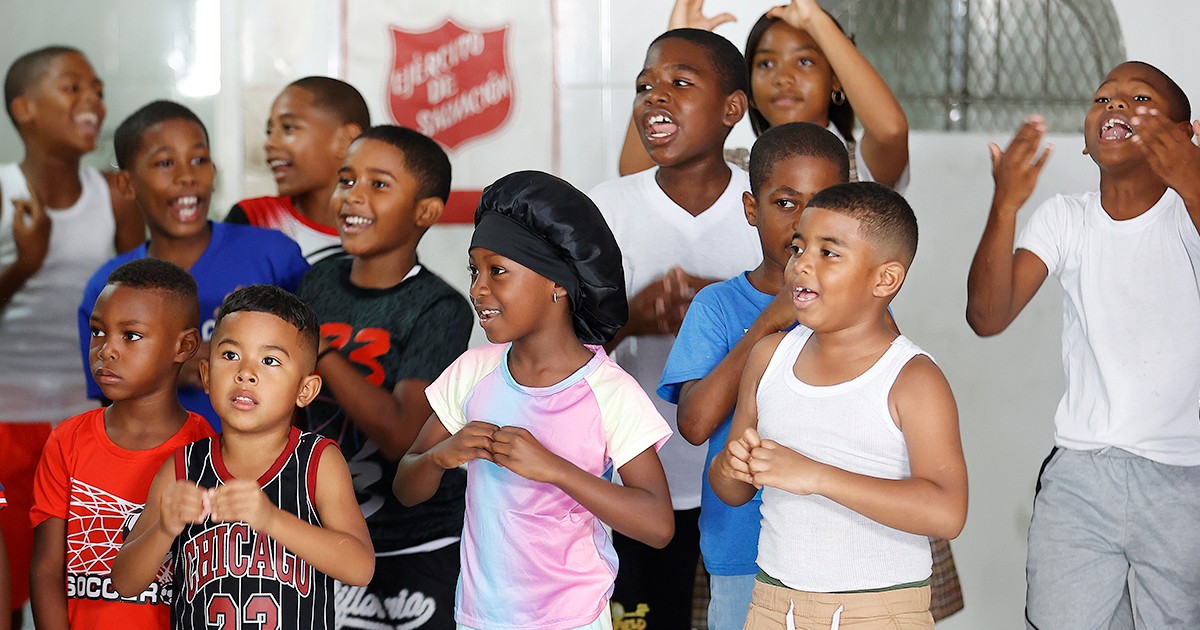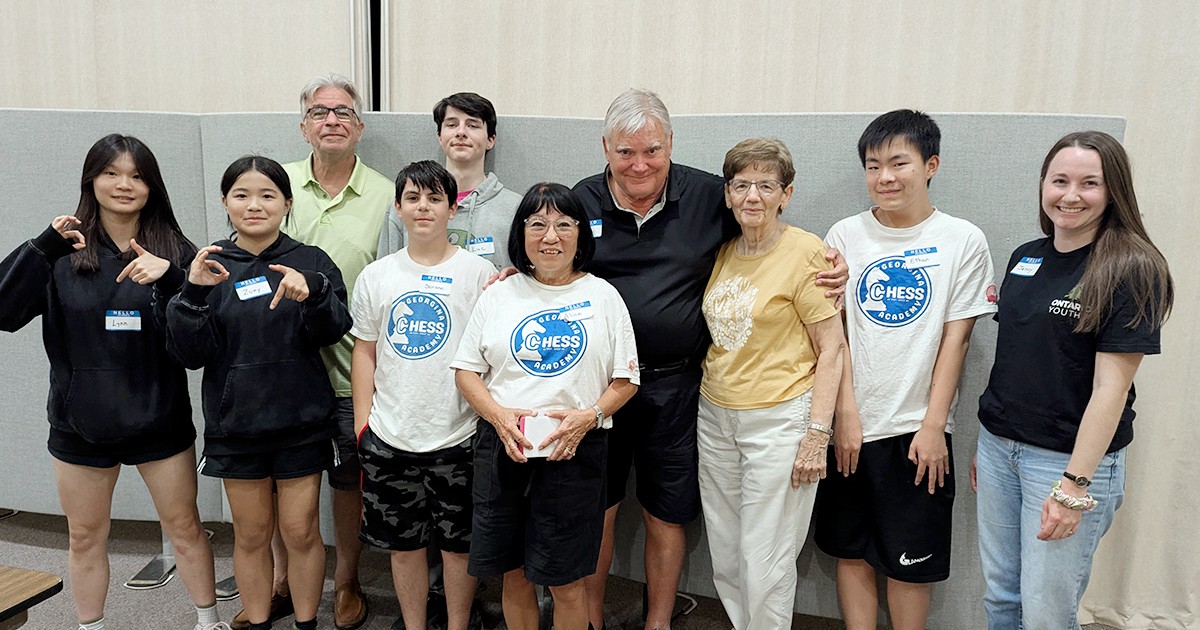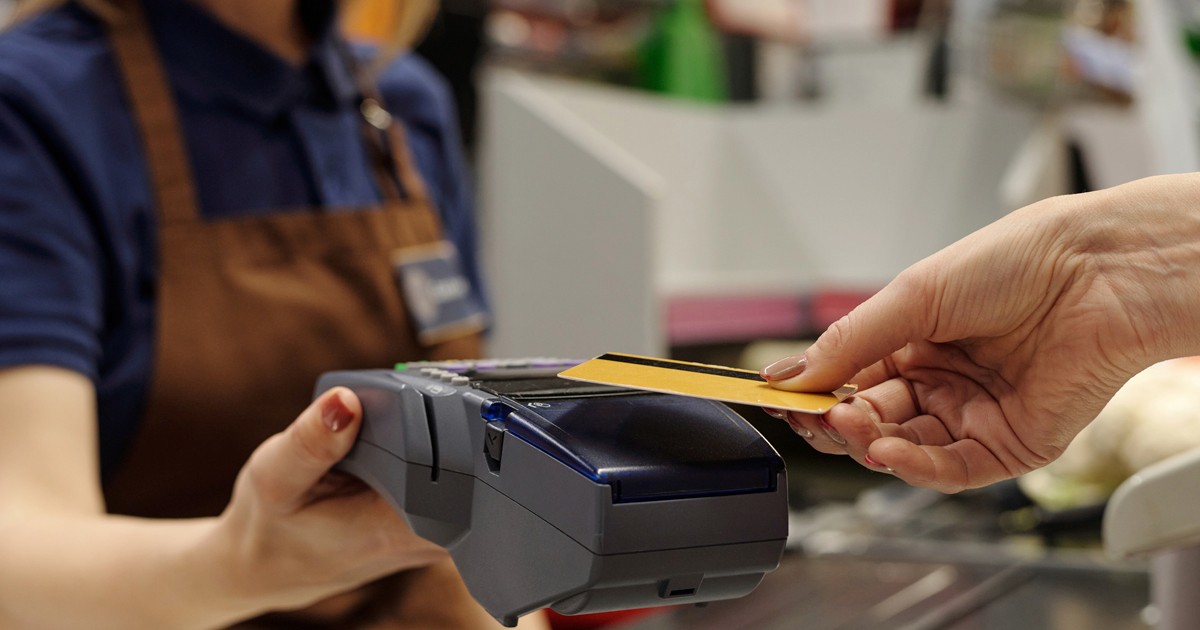I unloaded my cart onto the conveyer belt and glanced around for my 14-year-old son, Nathan. He was in the next aisle, holding a huge bag of candy. I knew what was coming next. He brought the bag to me and asked if we could buy it for his upcoming sleepover with his friends. I squinted at the price tag—$3.99. It seemed like a good deal so I tossed the bag in with our other purchases.
But when we got in the car, I looked over the receipt.
“Nathan, they charged us $8.99 for that candy,” I said. “Let’s go back inside and get the error fixed.”
“What error?” Nathan said. “The price tag said $8.99.”
“No, it didn’t. It said $3.99.”
“Mom, I hate to tell you this, but the store didn’t make a mistake. Your eyeballs did.”
I sighed. It was time I admitted the awful truth.
I needed reading glasses.
Problem Solved?
I purchased a pair of purple-tinted readers at my local drug store. I hoped the pretty hue would soften the blow to my ego. It didn’t work.
For the first few months, I wore the glasses when I worked on the computer, but if anyone came into the room, I ripped them off my face with lightning speed.
“Honey, you don’t need to be embarrassed,” my husband, Eric, chuckled. “A lot of people need readers when they get to a certain age.”
While I wasn’t thrilled to be a woman of “a certain age,” it wasn’t long before I could no longer afford the luxury of vanity. Because I refused to wear my glasses in public, I ended up overpaying for a few more items. In restaurants, I’d accidentally ordered food I don’t like.
My vanity was costing me. It was time to swallow my pride and start wearing my reading glasses in public. But this posed another problem. My glasses didn’t fit in my purse. I like small purses—always have—and I didn’t want to buy a larger purse. Instead, I bought a small folding magnifying glass to help me read menus and price tags.
Problem solved.
Monocle-Mania
Except it wasn’t. The week after I got my magnifying glass, our family went out for dinner. Quietly, I pulled the magnifier from my purse so I could read the menu, hoping no one would notice. I wasn’t that lucky.
“Mom, is that a monocle?” my adult son, Jordan, practically shouted.
“It’s not a monocle,” I said at a 10th of his decibel level. “It’s a magnifying glass.”
But it was too late. We’d attracted the attention of the whole table. Jordan took the magnifying glass from my hand and held it up for everyone to see. Looking at his siblings, he said, “We need to make a pact right now to never let Mom use this in public. I would much rather just read the menu to her. Who agrees?”
All five of my children raised their hands, agreeing that using a monocle—I mean, a magnifying glass—in public was a completely embarrassing thing to do.
For the next 10 minutes, the kids passed my visual aid around the table, experimenting with it and laughing at how positively ancient I now was.
“Your monocle reminds me of something,” my college-aged daughter, Julia, said. “Doesn’t the guy on the Planters peanuts jar use a monocle?”
“He does,” Nathan said. “His name is Mr. Peanut!” He started laughing. “Mom, from now on, I’m going to call you Mrs. Peanut!”
Of course, the name caught on, and everyone but Eric started calling me that.
Tiny Message
So now, I was a woman of a certain age with reading glasses, a monocle and a ridiculous nickname. I wished I’d just bought a bigger purse.
A few days later, I was making dinner and I couldn’t read the recipe. My reading glasses were upstairs, so I grabbed my monocle—I mean, my magnifying glass—from my purse. Nathan walked into the room, saw it and said, “Do you need help, Mrs. Peanut?”
For the next 30 minutes, Nathan helped me prepare dinner. As he chopped the veggies, he asked if we could purchase a Bible for his friend, who’d recently started coming to church with us.
“I’ll pay for it with my allowance,” he said.
I stopped what I was doing and stared at my son. “You are a great kid, and I’m so proud of you. I don’t think I tell you that enough.”
He shrugged and kept working. Compliments embarrassed him.
As I was cleaning up after dinner, Nathan handed me a piece of paper with teeny-tiny handwriting on it.
“Why did you write so small?” I asked.
He grinned. “So you’d have to use your monocle.”
“Another opportunity to make fun of me, huh?”
He shook his head. “No. I wanted to help you focus on what you need to see.” He smiled and left the room.
I held the magnifier over his note. “Mrs. Peanut,” I read, “you might be old, but you’re still a great mom, and I thank God for you. I don’t think I tell you that enough.”
I swallowed past a lump in my throat. Looking at my monocle problems might feel easier because it’s—literally—right in front of my eyes. Focusing on what God is doing behind the scenes takes more effort.
Nathan’s (mostly) sweet note reminded me to focus on the important things. A close-knit family who feels comfortable enough to tease one another. A supportive and loving husband. And a teenaged son who helps in the kitchen, writes thoughtful notes, invites his friends to church and makes sure they have a Bible.
My eyes might not work as well as they used to, but I see clearly that my family is my greatest blessing. I’m thankful for them, and I want to tell them—and God—as often as I can.
This story is from:










Really, with all the anguish and agony in our world someone is upset over wearing glasses.I realize it is lighthearted but somehow it irritated me. Sorry.